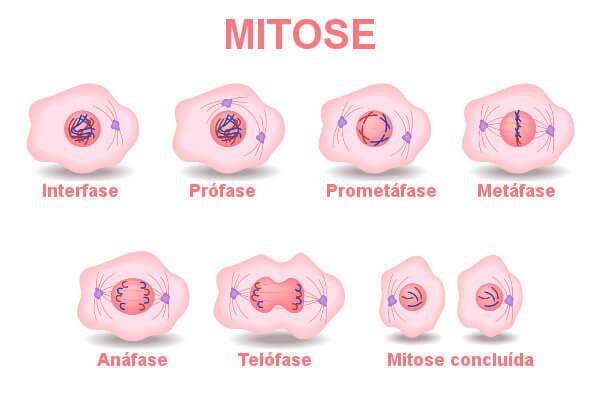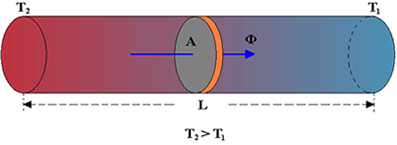Night sleep plays a fundamental role for our body to function in the best possible way, maintaining our mental, emotional and metabolic balance. Therefore, for many people, it is essential to sleep 7 to 9 hours a night.
However, there are people who have a condition called short sleep syndrome and do not need so much rest time, as even 5 hours of sleep is enough. Among them is former US President Barack Obama.
see more
Gene therapy eye drops bring hope to millions of people…
Better Health in Two Days: The Surprising Effectiveness of End Workouts…
The short sleep syndrome
Sleep is key to keeping your body and mind healthy and active. After all, the sleep It has the function of renewing energy, regulating body temperature, consolidating memory and helping to maintain the body in general.
Therefore, according to the National Sleep Foundation, most adults need at least 7 hours of sleep daily. However, there are some exceptions that sleep only 5 hours a day, like Barack Obama, and the former Prime Minister of the United Kingdom, Margaret Thatcher, who said she needed only 4 hours of sleep at night.
As this is not common, it has been suggested that these people have something called short sleep syndrome. This syndrome would basically give these people the same benefits of a 7 hour sleep, but in less time.
What would this syndrome be?
Many people wonder if it is really possible to sleep so little and still be in the mood. Maynooth University behavioral neuroscientist Andrew Coogan says yes.
“Short sleep syndrome is experienced by people who normally have short sleep during the night, but do not experience no adverse effects of excessive drowsiness, cognitive impairment, or moodiness during the day.” it says.
Therefore, this means that these people can achieve high levels of energy, sleeping much less. However, scientists believe that this happens due to genetic influences, so it's not something you acquire through training.
How does this happen?
In 2014, a study was published that dealt with the discovery of a genetic variant called BHLHE41, which is responsible for causing short sleep or high resistance to little sleep.
It is worth mentioning that this syndrome is very rare and happens to less than 1% of the population. Therefore, most people who are sleeping little are actually harming their own health, as it is most likely not the short sleep syndrome.



